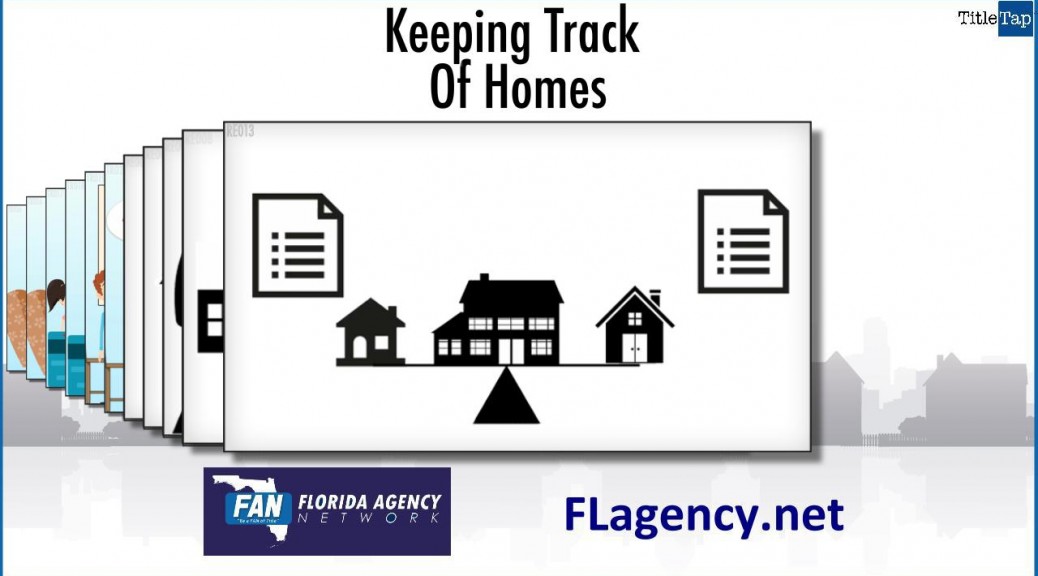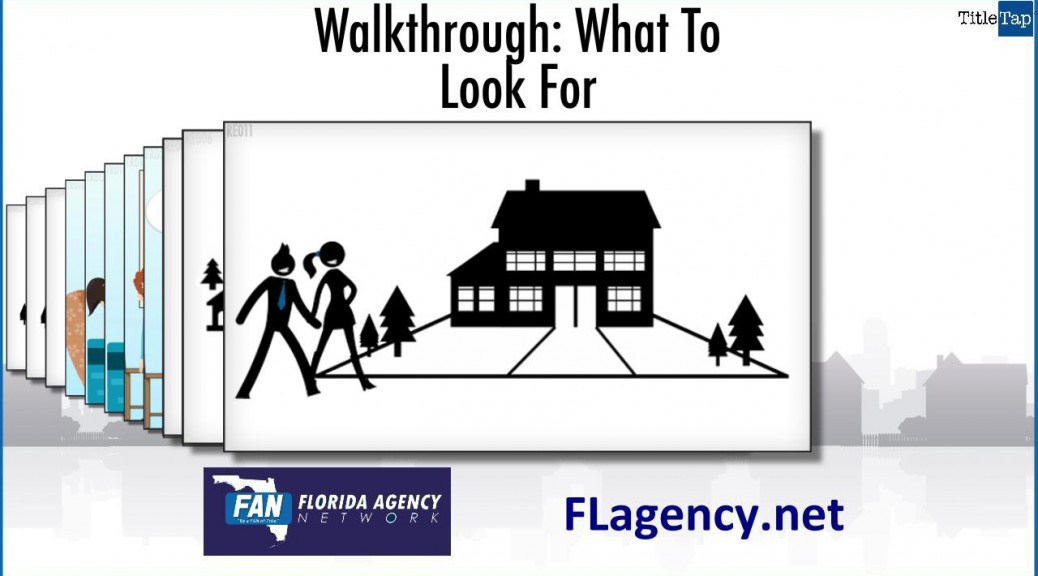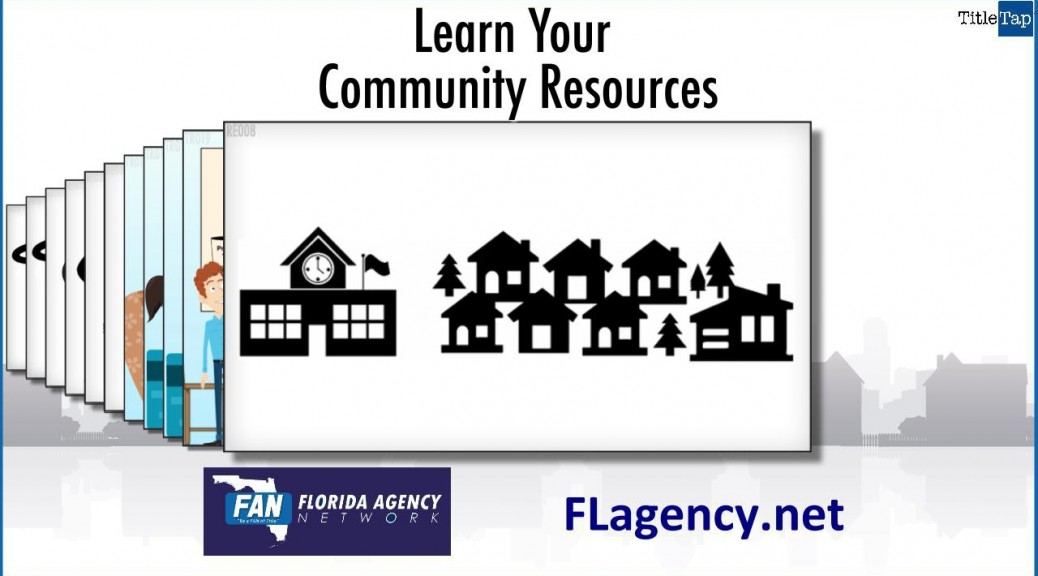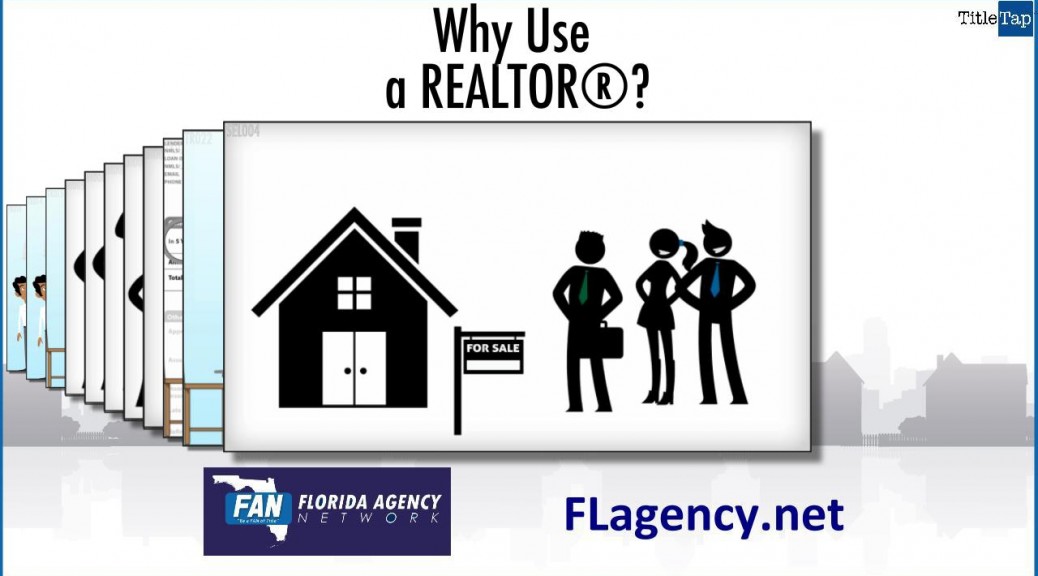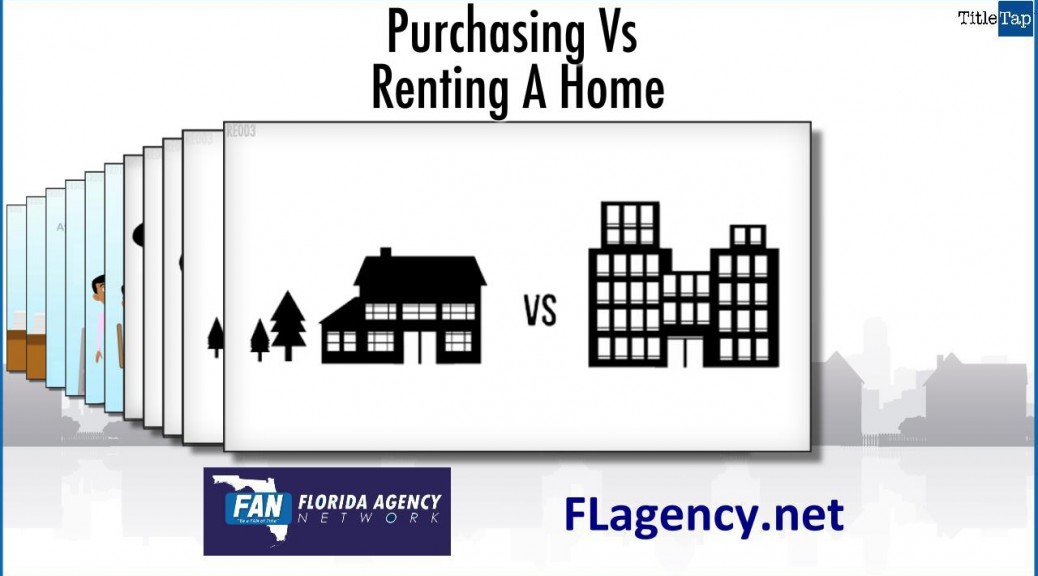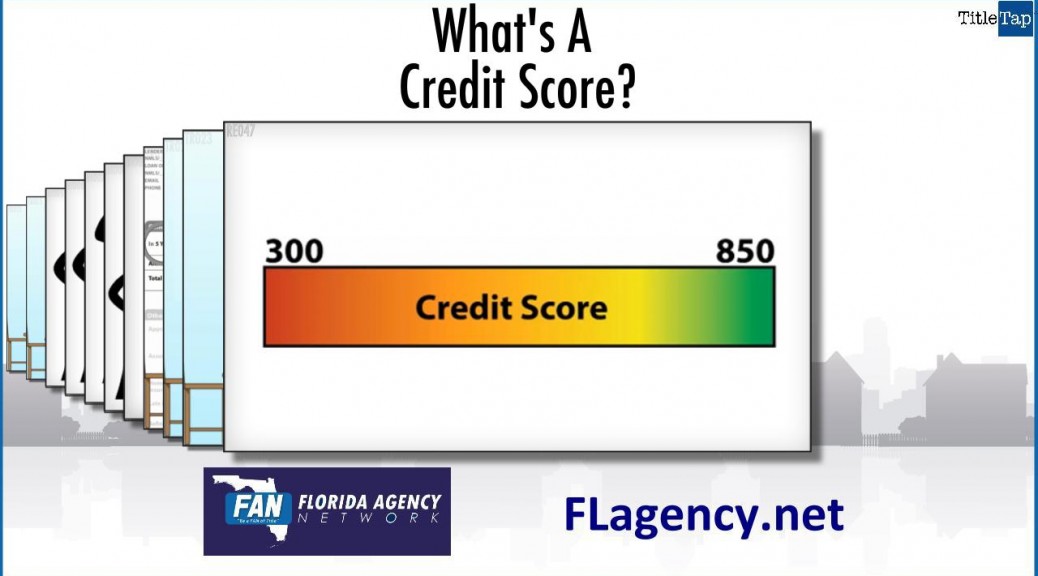http://fwd5.wistia.com/medias/ayc6vyk8w3?embedType=iframe&videoFoam=true&videoWidth=640
As you’ll see in this video, many of your questions should focus on potential problems and maintenance issues.
Does anything need to be replaced? What things require ongoing maintenance like paint, roof, heating and AC, appliances and carpet?
Also ask about the house and neighborhood focusing on quality of life issues. Be sure the seller’s or real estate agent’s answers are clear and complete.
Like the video says, ask questions until you understand all of the information they’ve given.
Making a list of questions ahead of time will help you organize your thoughts and arrange all of the information you receive. The HUD Home Scorecard can help you develop your question list and keep a record for each potential home.


